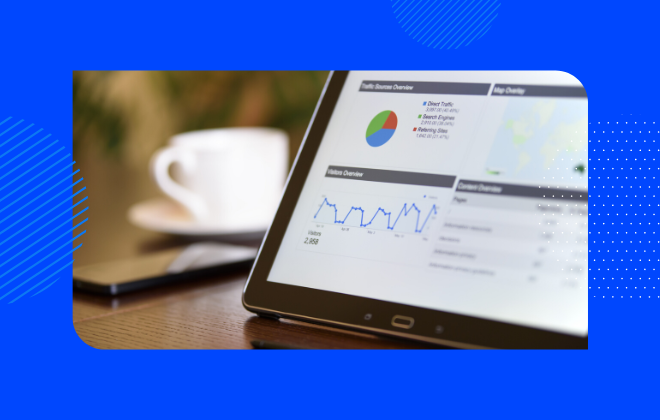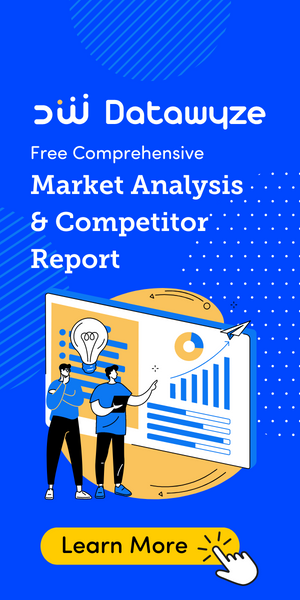PPC advertising, or Pay-Per-Click advertising, is a form of search engine marketing where advertisers pay each time someone clicks on one of their ads. Google AdWords is the most popular PPC advertising platform, allowing businesses to bid on keywords related to their products or services and display ads to users who are searching for those keywords.
To get the most out of your Google Search Ads campaigns, it’s important to optimize your AdWords account, target the right audience, bid and manage your campaigns efficiently, track your performance, optimize your conversion rate, and take advantage of advanced AdWords features such as remarketing, ad extensions, and ad scheduling. Let’s dive into these tactics in more detail.
Google Search Ads Optimization
To optimize your AdWords account, you need to organize your campaigns and ad groups in a way that aligns with your business goals and target audience. This includes creating targeted ad groups, writing compelling ad copy, choosing the right keywords, setting the appropriate bid amount, and setting up conversion tracking.
It’s important to regularly review and optimize your Google Search Ads account to ensure that you’re getting the best possible return on investment. This includes identifying and pausing underperforming keywords and ads, testing new ad variations, and adjusting your bids based on performance data.
AdWords Targeting
To target the right audience, you need to understand your target market and choose the most relevant keywords for your business. You can use keyword research tools like Google Keyword Planner to find relevant keywords and estimate their search volume and competition.
Secondly, in addition to targeting keywords, you can also target specific geographic locations, languages, devices, and audiences based on their demographics, interests, behaviours, and remarketing lists.
AdWords Bidding
AdWords bidding is the process of setting a maximum bid amount for each keyword or ad placement. Google Search Ads uses an auction-based system where advertisers compete for ad placements based on their bid amount and quality score.
To maximize your ad exposure and reduce your cost-per-click, you need to bid strategically based on your campaign goals, budget, competition, and performance data. You can use automated bidding strategies like Target CPA, Target ROAS, or Enhanced CPC to optimize your bidding and get the most conversions for your budget.
Google Search Ads Campaign Management
AdWords campaign management involves creating and managing multiple campaigns and ad groups within your AdWords account. You need to constantly monitor and adjust your campaigns based on performance data to ensure that you’re getting the best possible results.
To effectively manage your Google Search Ads campaigns, you need to regularly review and optimize your targeting, ad copy, bidding, budget, and performance metrics. As well, you can use AdWords tools like AdWords Editor, AdWords Scripts, and Google Analytics to automate and streamline your campaign management tasks.
Google Search Ads Performance Tracking
To track your Google Search Ads performance, you need to set up conversion tracking and monitor your key performance metrics like click-through rate (CTR), cost-per-click (CPC), conversion rate, and return on ad spend (ROAS).
Conversion tracking allows you to track the number of conversions that occur on your website after someone clicks on one of your ads. This helps you to optimize your bidding and targeting based on the keywords and ads that are driving the most conversions.
You can also use Google Analytics to track your AdWords performance and get insights into your audience behaviour, website traffic, and conversion funnel. This helps you to identify areas for improvement and make data-driven decisions about your AdWords campaigns.
AdWords Conversion Optimization
AdWords conversion optimization involves improving your website and landing pages to increase the likelihood of visitors taking a desired action. The desired action can include making a purchase, filling out a form, or signing up for a newsletter.
To optimize your conversion rate, you need to create clear and compelling calls-to-action, design a user-friendly and visually appealing website, optimize your page load time, and use A/B testing to test different variations of your landing pages.
You can also use AdWords features like ad extensions and dynamic search ads to enhance your ads and provide additional information to your audience, which can help to increase your click-through rate and conversion rate.
AdWords Remarketing
AdWords remarketing is a powerful tactic that allows you to show ads to people who have previously visited your website or interacted with your ads. Remarketing can help to increase brand awareness, encourage repeat visits, and drive conversions.
To set up a remarketing campaign, you need to create a remarketing list and add a remarketing tag to your website. You can then create a remarketing campaign and target your ads to people who have visited specific pages or taken specific actions on your website.
AdWords Ad Copy
AdWords ad copy is the text that appears in your ads and is designed to attract the attention of your audience and encourage them to click through to your website. To write effective ad copy, you need to create a compelling headline, include relevant keywords, highlight your unique selling proposition, and include a clear call-to-action.
You can also use ad copy testing to test different variations of your ads and determine which ones are driving the most clicks and conversions.
AdWords Landing Pages
AdWords landing pages are the pages on your website that visitors are directed to after clicking on one of your ads. To create effective landing pages, you need to design them with a clear and compelling headline, include relevant keywords, provide valuable and engaging content, and include a clear call-to-action.
You can also use landing page optimization techniques like A/B testing, heat mapping, and user testing to improve your landing pages and increase your conversion rate.
AdWords Quality Score
AdWords quality score is a metric that measures the relevance and usefulness of your ads, keywords, and landing pages. Quality score is based on factors like click-through rate, ad relevance, landing page quality, and historical performance.
To improve your quality score, you need to create targeted and relevant ad groups, use relevant and high-quality keywords, write compelling ad copy, and create user-friendly and engaging landing pages.
AdWords Ad Extensions
AdWords ad extensions are additional pieces of information that can be added to your ads to provide more context and encourage users to click through to your website. Ad extensions include features like call extensions, location extensions, sitelink extensions, and callout extensions.
AdWords Keyword Research
AdWords keyword research is the process of identifying relevant and high-performing keywords to target in your AdWords campaigns. Keyword research involves using tools like Google Keyword Planner to find keywords related to your products or services and estimate their search volume and competition.
To maximize your ad exposure and reduce your cost-per-click, you need to choose the most relevant and high-performing keywords, create targeted ad groups, and use negative keywords to exclude irrelevant searches.
AdWords Ad Scheduling
AdWords ad scheduling is the process of setting specific times and days for your ads to appear based on your campaign goals and audience behaviour. Ad scheduling allows you to target your ads to the most relevant and engaged audience and avoid wasting your budget on low-performing times and days.
To set up ad scheduling, you need to choose the times and days that are most likely to drive conversions based on your historical performance data and audience behaviour.
AdWords Budget Optimization
AdWords budget optimization is the process of allocating your budget to the most effective and profitable campaigns and ad groups. Budget optimization involves regularly monitoring your campaign performance, adjusting your bids and budgets based on your goals, and identifying areas where you can reduce costs and improve your ROI.
To optimize your AdWords budget, you need to set clear campaign goals, regularly monitor your performance metrics, adjust your bids and budgets based on your performance data, and test different bidding strategies like manual bidding, automated bidding, and target CPA bidding.
Conclusion
Google Search Ads are a powerful tool for driving targeted traffic to your website and increasing your online visibility and sales. To maximize the performance of your AdWords campaigns, you need to use advanced tactics like AdWords optimization, targeting, bidding, conversion optimization, remarketing, ad copy, landing pages, quality score, ad extensions, keyword research, ad scheduling, and budget optimization.
By using these strategies, you can create highly targeted and effective campaigns that reach the right audience, drive more clicks and conversions, and maximize your ROI. If you need help with your AdWords campaigns or want to learn more about how to boost your performance, reach out to Datawyze, a leading performance marketing agency that specializes in PPC advertising and search engine marketing.





